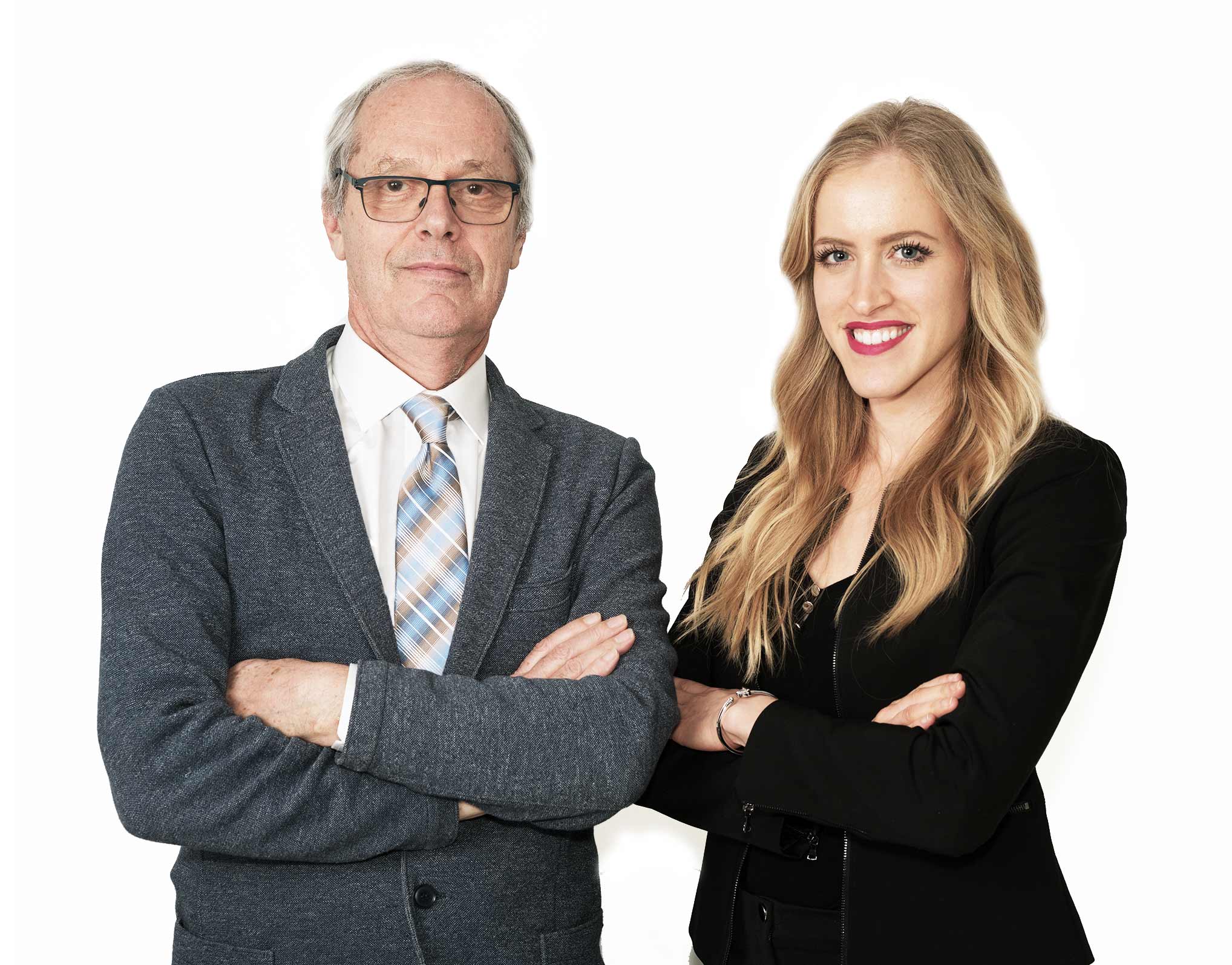CRIMINAL LAWYERS
DISCIPLINARY LAW AND ILLEGAL PRACTICE
DISCIPLINARY LAW AND ILLEGAL PRACTICE
THE BRANCH OF LAW RESPONSIBLE FOR REGULATING THE CONDUCT OF PROFESSIONALS GOVERNED BY A PROFESSIONAL ORDER
DISCIPLINARY LAW
disciplinary law is the branch of law responsible for regulating the conduct of professionals governed by a professional order
he objective of this law is to protect the public. Thus, if the syndic receives a complaint, he can conduct an investigation. He will ask the professional to respond to a series of questions and may ask to meet with him in person. Although the professional must collaborate with the syndic to avoid getting charged with obstruction of the syndic’s work, the professional is allowed to consult a lawyer beforehand and can be assisted by his lawyer during his meeting with the syndic. If the syndic concludes that the professional committed a deontological offence, he can give the professional a warning or file a complaint with the disciplinary council. Thereafter, the syndic acts as the plaintiff and delivers the professional a disciplinary complaint. After the first appearance, the lawyer representing the professional will receive disclosure of the evidence.
The trial will take place before a disciplinary council composed of a lawyer and two professionals corresponding to the order in question. The burden of proof rests with the syndic who must demonstrate, by means of clear and convincing evidence and according to a balance of probabilities, the commission of the offense with which the professional is charged.
In the event that the professional is found guilty of having committed the alleged deontological offense, the council will impose a penalty.
The possible penalties are the following :
- A reprimand;
- A fine ranging from $2,500 to $62,500;
- A temporary radiation;
- A permanent radiation;
- The revocation of his license or his specialist’s certificate;
- Suspension or limitation of the right to exercise professional activities.
Commentary censuring of opinions of professionals during Covid-19
During the pandemic, any professional who spoke against the government measures were sometimes pursued by his professional order for having “attained the dignity and honor of the profession”. However, as has been long recognized by the Canadian jurisprudence, a democratic society seizes to exist when there is no toleration for the opinions that are contrary to those of the government. We have pending files where we intend to plead sharing an opinion that is contrary to the government’s position does not attain the dignity and honor of the profession. If it is interpreted as such, there is a clear violation of that professional’s rights to freedom of opinion and expression and such violation is not justified in a free and democratic society. It is worrisome that individuals who were not subject to a professional order were able to criticize the government and the measures imposed in response to covid-19, but those who were subject to a professional order could not do the same.
ILLEGAL PRACTICE
hat is an illegal practice?
If a person does an act that is reserved to a professional order, he can be accused of illegal practice of that order. If the person does an act that leads to believe that he is authorized to do so, he will be accused of having led to that belief. Often the person will be accused of both. Illegal practice can touch a professional who commits an act reserved to another professional order, or to a person who practices alternative medicine, such as naturopaths, naturotherapists, massage therapists, osteopaths, herbalists, etc.) For example : If a naturopath tells a patient I can help cure your illness you just need to take the following natural products, he will be charged with the illegal practice of medicine and having led to the belief that he can do an act reserved to doctors. Although they are two different accusations, we believe that it comes down to penalizing the person for the same offense twice.
Moreover, although alternative medicine is allowed in Quebec, as natural products are sold all over the province, absurdly enough if a person prescribes them, he is subject to being charged with the illegal practice of medicine. Indeed, the jurisprudence is to the effect that only doctors can prescribe natural products. Yet, it is widely known that doctors are not taught alternative medicine and that they cannot prescribe natural products, under penalty of being pursued for having committed a derogatory act. Elsewhere in Canada, naturopaths are recognized, but in Quebec they are left in the dark. Despite the lamentable health care system in Quebec, the courts have mentioned that they do not recognize the right for naturopaths to exist and that it is the government that must recognize them as a professional order for change to occur. Nonetheless, lawyers can play a role in making changes happen by challenging current legislation. As such, we are in appeal because we believe that the interpretation of the courts regarding what is reserved to doctors is faulty.
IN ALL CASES, THE TELEPHONE CALL WILL NOT COST ANYTHING AND YOU HAVE A LOT TO GAIN.
CALL US NOW
514-265-9272.



